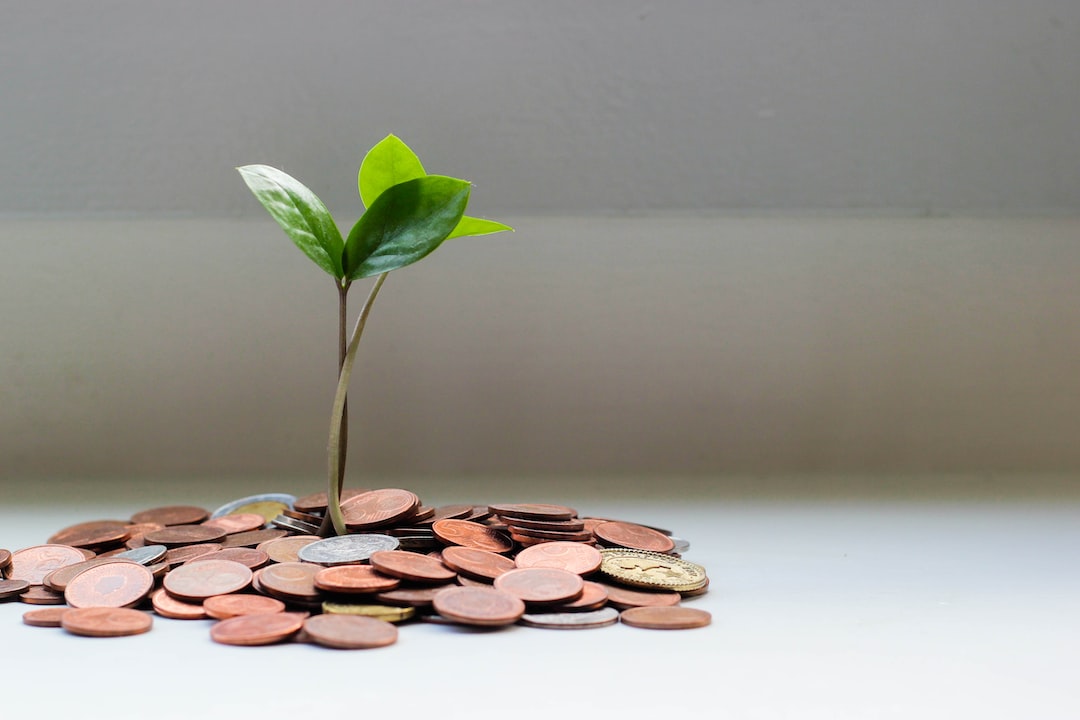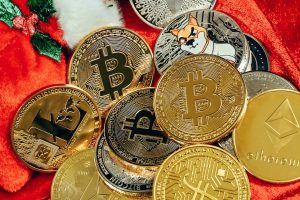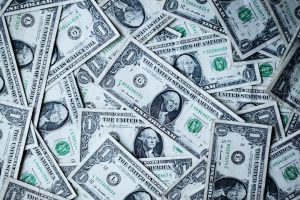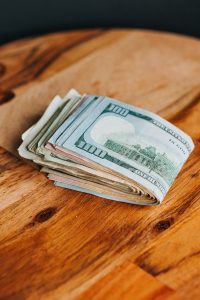Forex trading, also known as foreign exchange trading, has gained immense popularity in recent years. It is a decentralized market where currencies of different countries are traded. The forex market is considered the largest and most liquid market in the world, with an average daily trading volume of over $5 trillion. But who are the participants in this market? In this article, we will explore the different types of traders in the forex market.
1) Banks and Financial Institutions
Banks and financial institutions are the largest players in the forex market. They trade currencies on behalf of their clients, manage their own currency positions, and facilitate transactions for other participants in the market. These institutions include commercial banks, central banks, investment banks, and hedge funds. They have access to the most comprehensive market information and are capable of executing large trades due to their vast financial resources.
2) Governments and Central Banks
Central banks and governments also participate in the forex market. They trade currencies to influence the value of their national currency and support their economic policies. For example, a central bank may sell its currency to reduce its value and make exports cheaper. Alternatively, the government may buy its currency to increase its value and make imports cheaper.
3) Retail Traders
Retail traders are individuals who trade currencies from their personal accounts. They trade through online forex brokers who provide access to the market. Retail traders are the smallest players in the forex market and typically trade with smaller amounts of capital than institutions. They often use leverage to increase their trading power and can access the market 24 hours a day, five days a week.
4) Corporations
Corporations engage in forex trading to manage their exposure to foreign currencies. They may trade currencies to hedge against currency risk, which arises when a company has operations in different countries with different currencies. For example, a US-based company may trade Euros to offset the risk of a weaker Euro affecting the profitability of its European operations.
5) Speculators
Speculators are traders who seek to profit from changes in currency prices. They do not have any underlying interest in the currency they are trading, but rather aim to make a profit from the price movement. Speculators include individual traders, hedge funds, and other financial institutions.
6) Brokers
Brokers are intermediaries between traders and the forex market. They provide trading platforms, market analysis, and other services to traders. Brokers earn money through spreads, which are the difference between the bid and ask price of a currency pair. They also charge commissions on trades and may offer additional services for a fee.
In conclusion, the forex market is a complex marketplace with a diverse range of participants. Each participant has a different motive for trading and a unique impact on the market. Understanding the different types of traders in the forex market can help traders make informed decisions about their trades and anticipate market movements.






